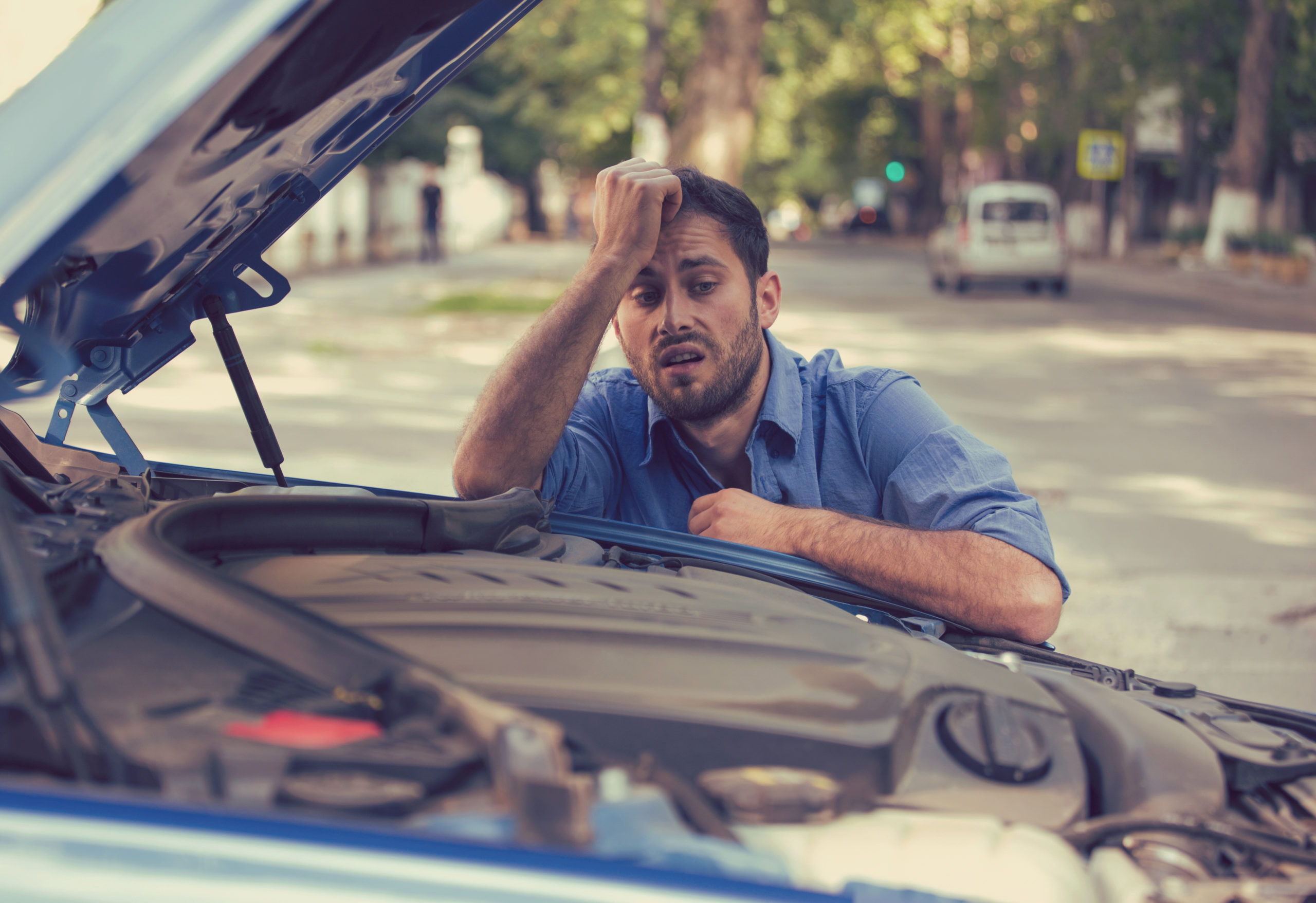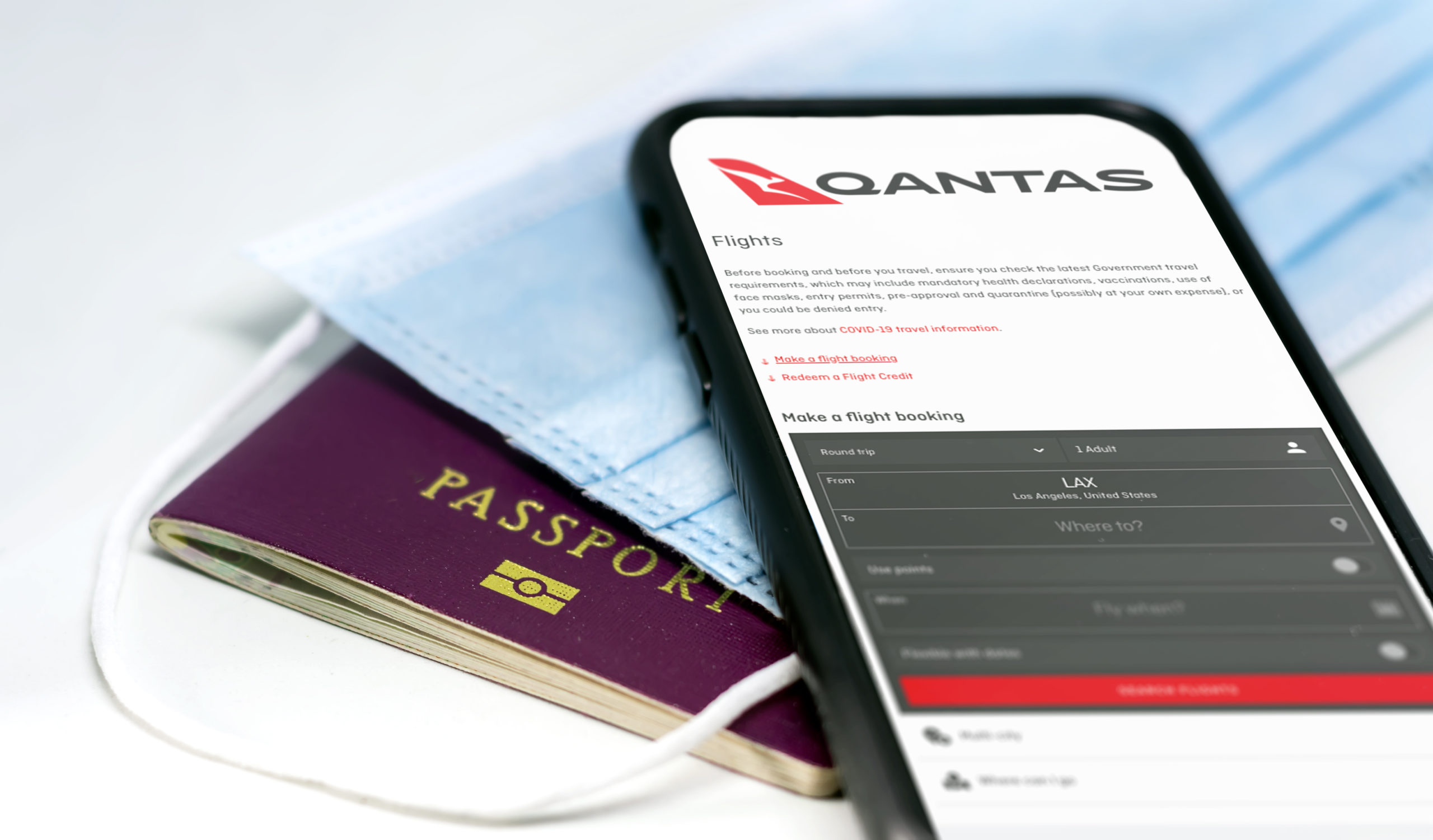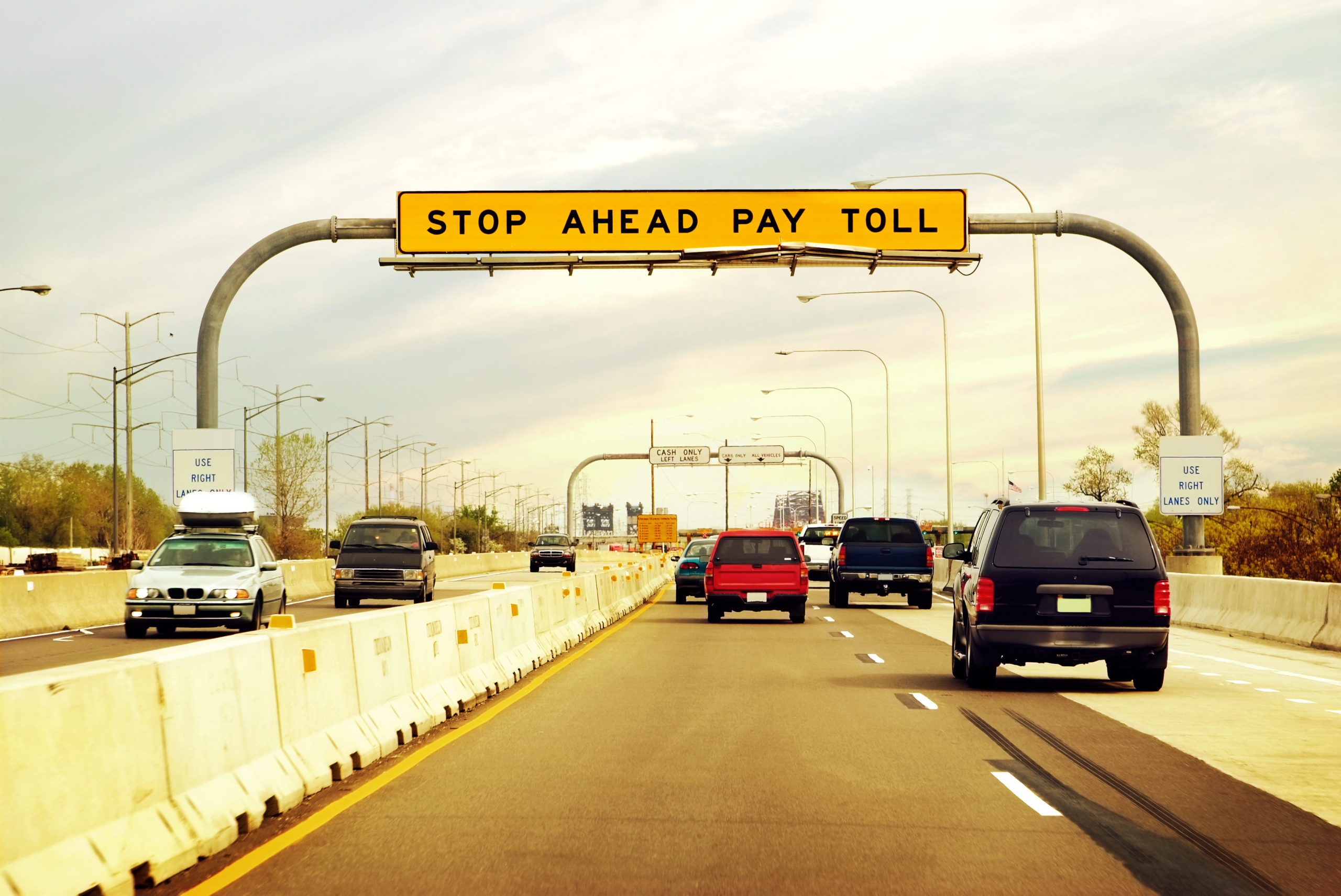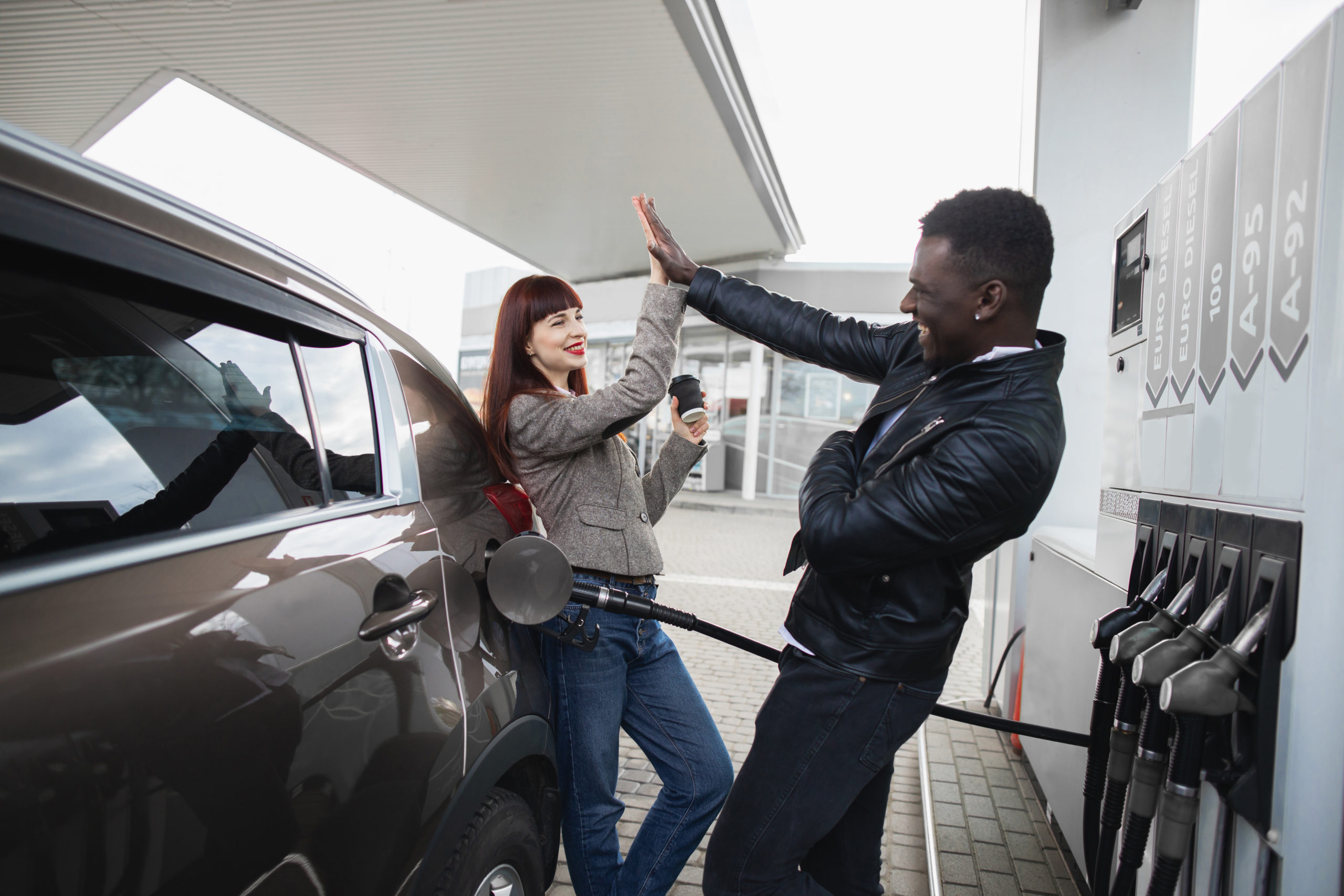Second best: Are used cars still worth your money?
If you've been shopping for a secondhand car recently, you've likely noticed they're still not cheap, especially if you want to avoid ending up with a lemon.
The pandemic caused production delays and a shortage of new cars, driving up demand for the next-best option. While prices for used cars have come down somewhat, they are still higher than pre-Covid levels.
According to the Moody’s Analytics' price index, the average used car now costs 20 percent less than its peak in May 2022 but is still 40 percent higher than pre-pandemic levels.
Sure thing: Are new car warranties a safe bet?
For many of us, cars are our second most expensive investment after our home. So it's only right to want some peace of mind when it comes to buying one.
Enter: the car warranty. In Australia, most new cars come with a manufacturer's warranty. That warranty covers you for a set period of time, usually three years. But in recent times, we've seen an increase in the number of brands offering longer warranties. Up to 10 years in some cases. It's a persuasive marketing tool.
Total recall: The rundown on car recalls in Australia
If you hear the words “recall” and your car make and model in the same sentence, it can send you into a spin. That's probably because car recall is almost always associated with negative thoughts, such as danger, the potential for accidents, and maybe even expensive repairs.
But are car recalls always bad? Is there ever a good time for a manufacturer to announce a recall?
Up in the air: What is going on with Qantas?
J.R.R. Tolkien once wrote, "Not all who wander are lost." But if your wander is booked with Qantas, you could be. That is if your flight was cancelled and you opted for a travel credit instead of a refund.
Complaints about Qantas have been mounting on social media since Australia's borders reopened and people have been trying to use their flight credits. According to some reports, it has been almost impossible to get through to the airline, let alone redeem the credits.
The right path: Don’t let fines take their toll
If you live in a major city where tolls are part of your everyday commute, you probably don’t give them too much thought – until the next time you hear they’re going up again.
But if you don’t use them very often, or are visiting from out of town, it’s easy to get stung by tolls. Particularly if you don’t have an electronic tag or pass that makes it easy to pay as you drive over tolled roads.
Before you know it, that one unpaid trip on a toll road could add up to a lot of pain.
Driving prices: How to make your fuel dollars go further
Holding your breath every time you head to the petrol station? Wondering whether to fill up or just put in $20 and hope the price takes a dive within the week?
There’s no question we’re all feeling the pinch at the pump. According to the Australia Institute of Petroleum, the national average petrol price as of 20 March 2022 was 197.6c and 202.4c for diesel. The trend has been going up since 27 December 2021, with only a slight dip on 31 January this year. The price of fuel is expected to drop in the coming weeks due to a cut in fuel excise but we are yet to see the impact.
Ready to travel? Here’s how to see Australia without blowing the travel budget
If you’ve been feeling trapped within your own state, you’re probably more than a little excited at the thought of the country opening up. But you may be worried about blowing your travel budget with unexpected expenses.
Travelling in this Covid recovery period is not without its challenges. The pandemic has brought unpredictability to almost everything we previously took for granted — from border restrictions and other new travel requirements to the inevitable price rises, there’s a lot to catch you unawares.
So how do you plan an affordable getaway in this era? We’ve rounded up some top tips from budget travel experts.
When to indulge and how to save this Easter
Easter is just around the corner and like always, we are here to make your life easier. Like you, we have been working hard all year and we are excited for a chance to relax and enjoy the break with our loved ones. We want you to have an enjoyable holiday, so we have done the research into Covid-friendly fun for you!
How to spot a knock-off and what can happen if you own one
Our confidence and skills with online shopping are improving every day, which means we’re becoming more adventurous with our purchases. Clothes, snacks, bath essentials, shoes, whatever it is we’re looking for, there's surely an online store selling it. But, what can we do if the product we bought was actually a knock-off?
#TravelAdventures await – tips on keeping your travel money safe during COVID
We all have our dream travel destinations in post COVID times. Due to the abrupt halt to travel, many of us have money stored in foreign currency and on travel cards. We’re trusting our travel money is safe until we can travel again. However there are some recent changes affecting travel money.










